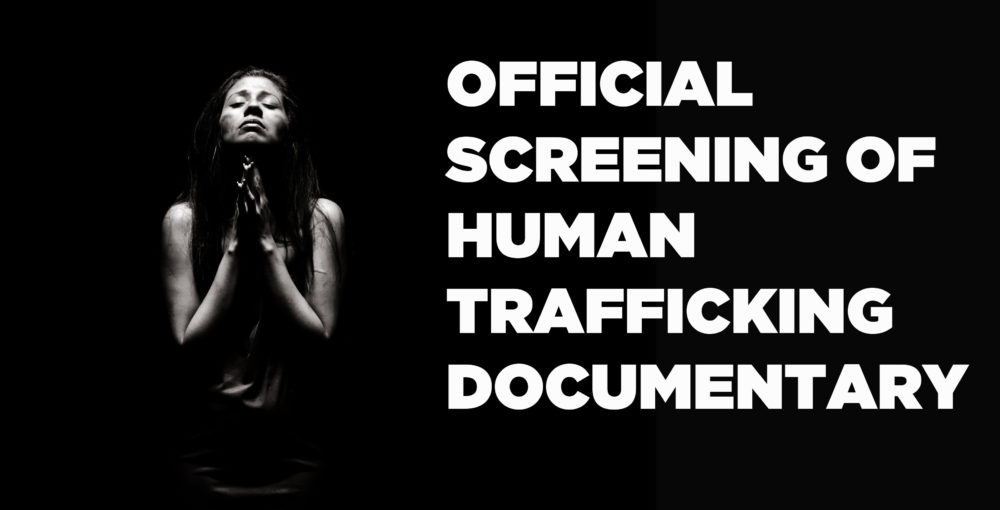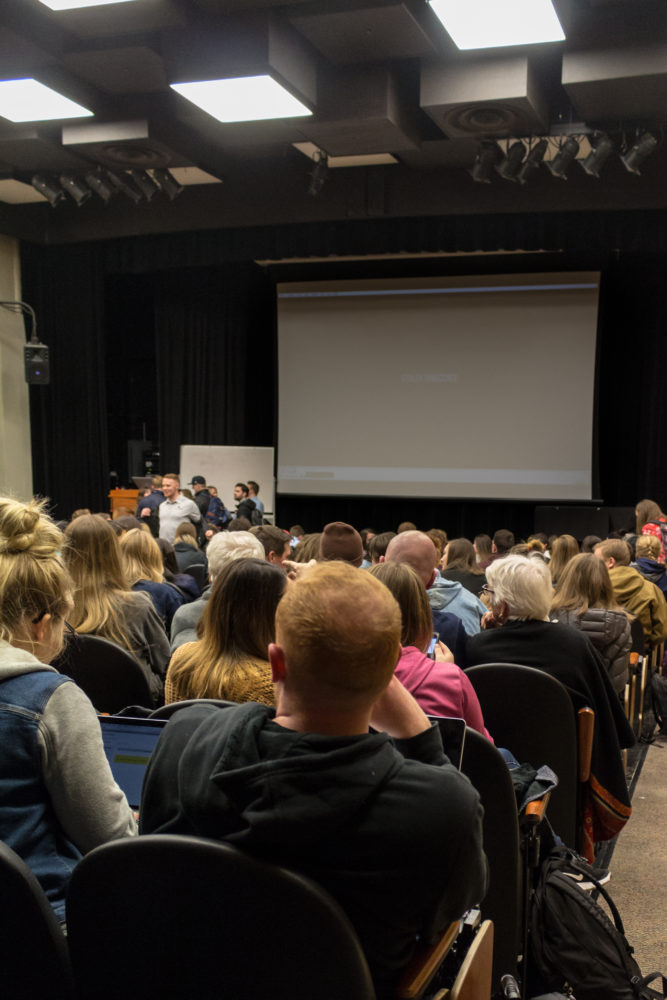USU alumni brings awareness about the human trafficking crisis to campus
Every four minutes a girl is taken and forced into human trafficking.
The industry has grown in recent decades and has become an international crisis, with India as the hotbed. Casey Allred, a Utah State University alumni, is working to solve this crisis.
Allred created his own non-profit organization “Effect.org.” His next move was opening his own school for children in India in 2011 while a student at Utah State.
“It took me almost six years to perfect the model for a school. I graduated in 2012 and then unfortunately had to close the school down in 2015. The owner of the school had passed away,” Allred said. “So we had to restart and in 2016 we opened our two pilot schools. We have come a long way since then.”

The next step for Allred was creating awareness. To achieve this, he produced the documentary “Stolen Innocence.” The film premiered in London at the Raindance Film Festival.
“We saw this issue and wanted to do something about it. So we just got down and did it,” Allred said. “We made the film with no idea if it would work. We just jumped in and it worked.”
The documentary brought to light the tough subject of human trafficking.
“I believe the first step is awareness. The next step is talking about it. It needs to be a conversation with our family and friends,” Allred said.
The movie combined the stories of survivors and those in India who are on the ground doing everything they can to prevent trafficking. The film highlighted the beauty and mystery of India while also exposing the constant fear of being trafficked that people in India face. The message prevalent throughout teaches that the best way to combat this cycle in India is with education; educating a generation of girls gives them the power to change their circumstances.
“Education is the number one preventer of human trafficking,” Allred said. “In other parts of the world, private schools can be very affordable for families. We charge $14 a month for a child to attend our school. India is an amazing beautiful culture. Their priorities are food, water, shelter and education. It is very high up on the list for them because they understand how important it is.”
Allred gave a message of hope and inspiration at the USU screening of his film. His story of going from a kid in Rigby, Idaho who dreamed of making a impact on the world and then actually doing it was very encouraging.
“It doesn’t matter where you are from. I believe each of us are capable of doing incredible things,” Allred said.
He plans on releasing the film to the public this summer.
 Holley Stringham
Holley Stringham Students and community members await as the film documentary Stolen Innocence is about to begin.
Human trafficking is a serious issue and one that is very relevant in 2018, Allred said. With more awareness, he believes it is something that could be put to an end.
One of the local Indian women who founded a help center for trafficked victims in the film summed it up perfectly when she said, “There is hope, if we didn’t have that none of us would be doing the work that we do.”
To receive more information on the schools Allred and his organization have built, browse expeditions and watch another film called “Nepal Rises,” visit effect.org.
— @shelbsterblack
shelby.black@aggiemail.usu.edu

